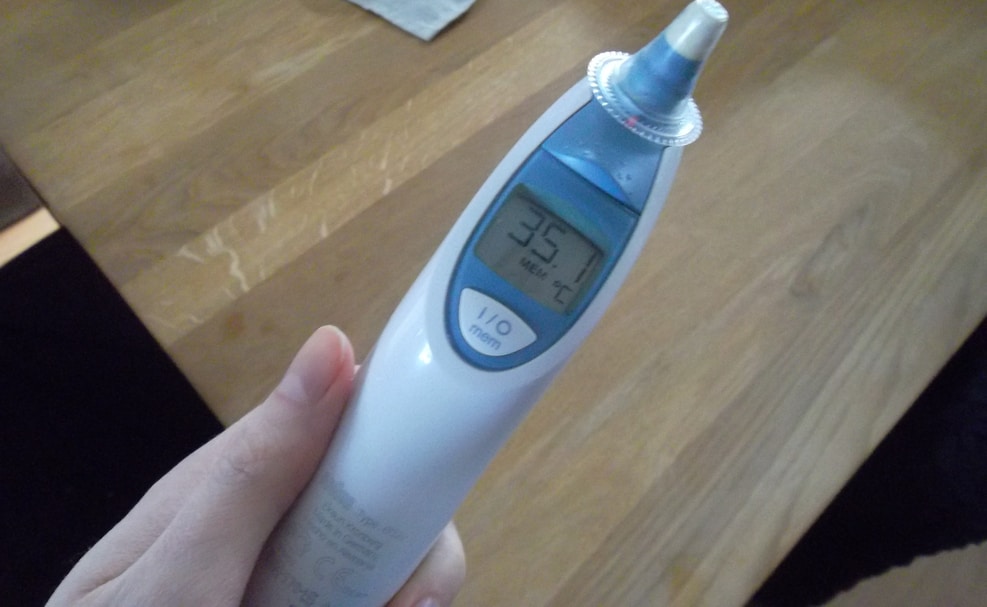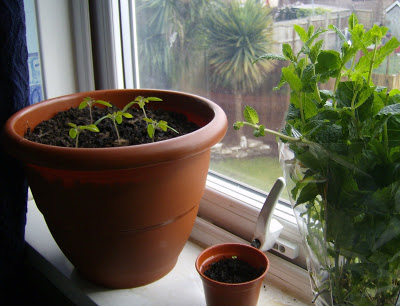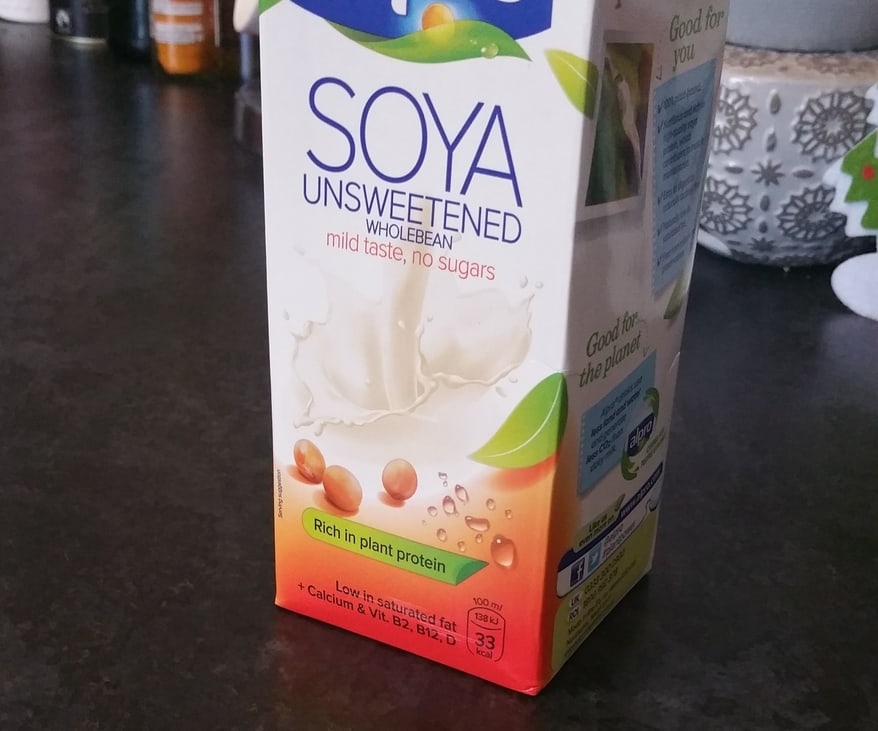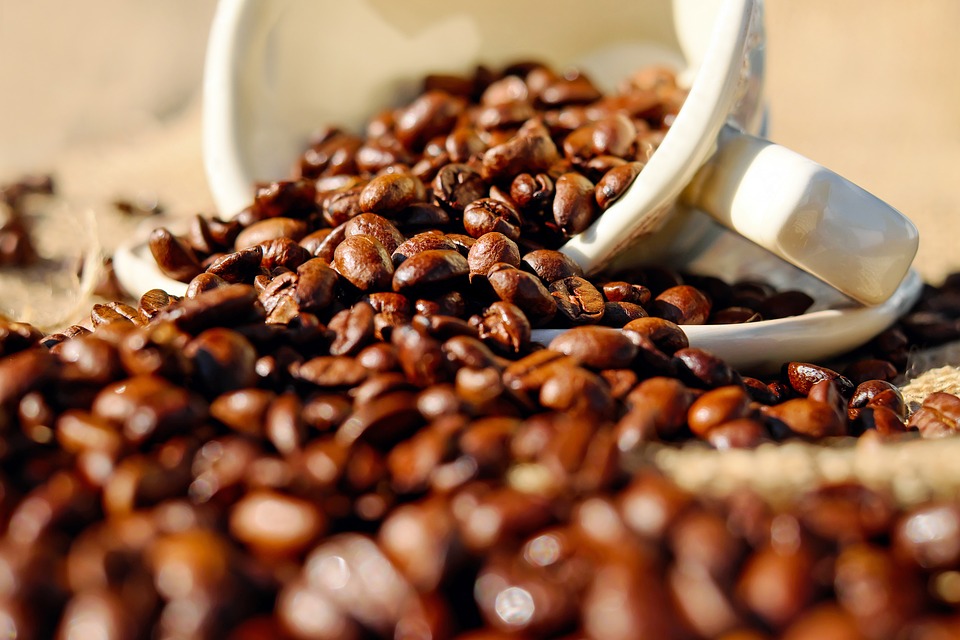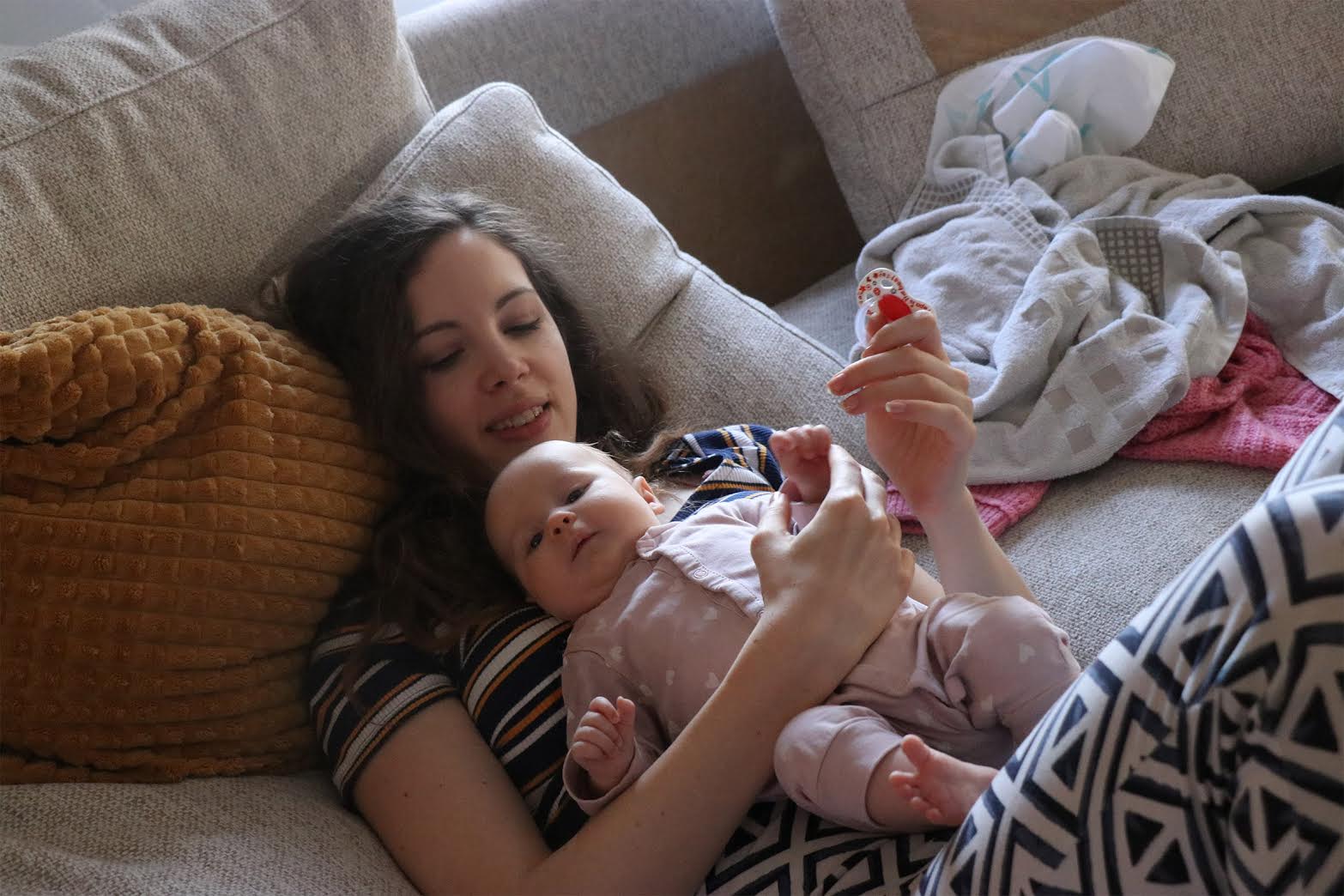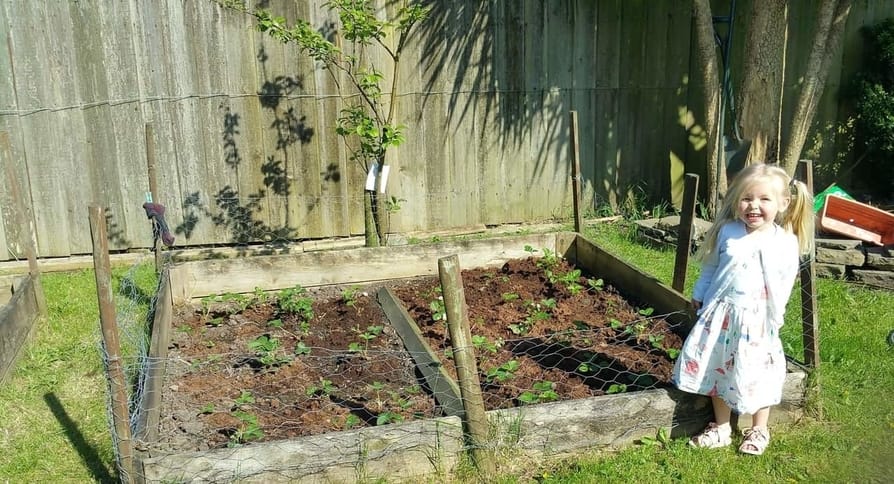Disclosure: This article may contain affiliate links. If you decide to make a purchase, I may make a small commission at no extra cost to you.
Proper sleep is crucial for a healthy body and mind and it’s no doubt one of the most important factors for good health. Insomnia is a problem for millions of people but it’s usually short-lived and never becomes a chronic issue. If you think you’ve developed sleeping problems or insomnia after becoming vegan, there could be several reasons which may or may not have to do with diet.
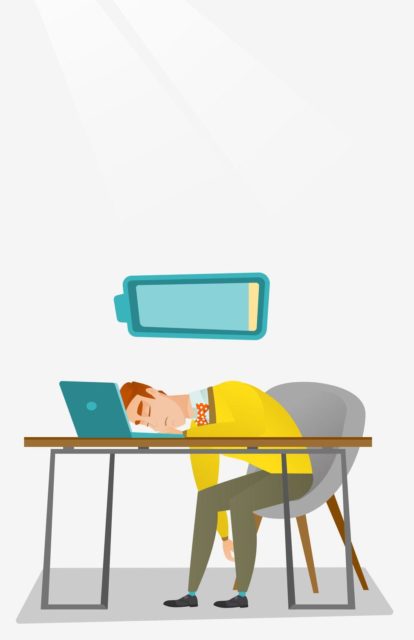
It’s safe to say that most of us have had sleep issues before. In 2007 I took three doses of an antibiotic called Ciprofloxacin and I was not able to sleep properly for over one year.
Having never experienced insomnia in my life prior to this day, from the moment of taking the first dose, I was not able to stay asleep for longer than 30 minutes. This continued for at least 4 months and then gradually I was able to sleep for longer periods of time until sleep normalized over a year later.
I’m bringing this story up again now because that year I also became a vegetarian (it was around the same time). But becoming vegetarian had nothing to do with my insomnia, it was just a coincidence that I developed insomnia at the same time.
Of course, a vegetarian or vegan diet can still result in deficiencies and cause issues with sleep, but a properly-balanced vegan diet that meets all your nutritional requirements and is not an extremely low-calorie diet, shouldn’t lead to insomnia. Many studies actually show that a vegan diet can improve sleep!
So anyway, through my struggles, I learned many things about sleep hygiene and ways to improve the quality of sleep. It’s not just how much sleep you’re getting, but the quality of it is also important.
How could a vegan diet lead to sleeping problems or insomnia?
There are many different sleep problems people can develop. Below are just a few of the sleep issues that are most common (not just in vegans):
- Difficulty falling asleep – If it’s time for bed and you lay your head on the pillow, but you can’t fall asleep shortly after even if you’re tired.
- Difficulty staying asleep – You wake up frequently during the night or you wake up too early in the morning.
- Sleeping lightly and poor quality sleep – You might feel restless and even have nightmares which affect the quality of your sleep.
- Not being able to fall asleep at the right time (delayed phase insomnia) – You can sleep fine but only later in the night or early hours of the morning.
If you suffer from any one of these, there could be many different causes. Below are some of the most frequent causes of insomnia in vegans and are in no particular order.
1. Changes in Diet
Reduced calorie intake
Extreme dieting such as significantly reducing caloric intake for long periods of time can result in changes in brain chemistry, which can cause a person to wake up too early and not get the same number of hours sleep as they normally would with higher calorie intake.
Many people also report that prolonged fasting for up to 4 days interfere with sleep by reducing the amount of time that they are able to stay asleep.
Studies such as CALERIE 2 have shown that mild to moderate calorie restriction being able to improve and maintain better sleep quality [1].
However, sleep disturbances are well documented in patients who are suffering from eating disorders where food is severely restricted [2]. This might be an evolutionary adaptive response to increase the number of waking hours to find food.
Another study found that short sleep (less than 5 hours) was associated with the lowest energy intake of among the groups examined [3].
A mild to moderate reduction in calorie intake is unlikely to worsen sleep, but extreme restricting for prolonged periods of time may be the cause of sleep problems.
Monitor your calorie intake during the day to see how many calories you’re getting. It’s easy to unintentionally restrict calories on a vegan or plant-based because most foods are low in calories.
Changes in macronutrients
When you start a vegan diet, it’s likely that the macronutrient ratio of your diet will also change. One study in Japanese workers looked at the effect of different macronutrient percentages on insomnia and found some interesting results.
People who reported protein intakes under 16% of total energy intake had difficulty falling asleep and poor quality sleep. While high protein intake equal to or greater than 19% was associated with difficulty maintaining sleep.
The study also found a low carbohydrate intake under 50% of total energy intake was associated with difficulty maintaining sleep [4].
Tools such as CRON-O-METER are able to give you all the information you need reading your macronutrient percentages.
2. Deficiency in nutrients
Vitamin B12
Vegans are a group that is at most risk of developing a B12 deficiency. It’s not advisable to rely solely on fortified foods to get your Vitamin B12! All vegans should be supplementing this vitamin to avoid serious complications that can arise after several months or years on a vegan diet.
Insomnia is just one of many symptoms that have been associated with a B12 deficiency.
Vitamin D
Vitamin D is important in regulating the proper sleep cycle. If you’re finding yourself having difficulty sleeping during the winter months, it’s possible that you’re not getting enough vitamin D.
Research has examined the link between vitamin D on sleep and found that people who have chronic insomnia are more likely to be vitamin D deficient and also respond poorly to treatment while having low vitamin D status [5].
Iron (anemia)
If you think you’re getting enough iron in your diet from vegetables, it’s possible that you could still be very low. A vegan diet contains plentiful iron but non-heme iron that is less absorbed by the body.
Studies have found that low iron levels can lead to poor sleep quality even with the absence of depression and anxiety.
Magnesium, Zinc, and Calcium
Zinc and calcium can be difficult to get for some people on a vegan diet and are both associated with poor sleep quality in multiple studies. Magnesium is also a common cause of insomnia in people and many vegans have reported problems with magnesium deficiency (including myself).
In this article, I reviewed several studies which look at the effect of taking zinc and magnesium on sleep quality. The results of the studies show that taking these minerals prior to bedtime can significantly improve how well you sleep.
3. Social anxiety, obsessive thoughts, and acceptance of your lifestyle by others
If you’ve made drastic changes to your lifestyle after becoming a vegan, this can create problems for some people with family and friends, especially around food.
Problems could include comments made about your dietary choices, the way you look while losing weight on the diet, and many other concerns. It’s common for family and friends to make these comments and this can cause a significant amount of stress over time and affect your sleep. High levels of cortisol can certainly cause insomnia.
Going on a vegan diet might seem extreme to some people, but as long as you stick to it and do it properly, others might be inspired to make the change also. Just assure others that you know the risks and benefits and you are doing the best you can to ensure that you stay healthy.
Most people will be understanding about your dietary needs and over time it should become easier.
It’s also possible to become overly anxious about going on the diet and making drastic changes all at once. If you’re finding it difficult to transition to a vegan diet, then do it more slowly.
It can be very overwhelming at first when you make all the changes, but after a while, you’ll settle into things and your diet won’t always be your primary focus but simply be a part of your daily life without you overthinking things.
4. Other factors that could be influencing your sleep
It’s possible that there might be other factors which are affecting your sleep and you shouldn’t ignore them. Below are a few other reasons and questions you should ask yourself about why you might not be sleeping well.
- You’ve recently taken or changed medications.
- You may have some other condition that is affecting your sleep. Go to your physician for an exam and get blood tests.
- Are you suffering from anxiety, depression or other conditions such as seasonal affective disorder?
- Are you supplementing too much or reacting negatively to a supplement that you’re taking?
- Are you changing your sleeping environment frequently? (this can be associated with poor sleep).
- Check for infections that might be elevating your temperature (elevated body temperature can disturb sleep cycle)
- Do you know your sleep chronotype? Some people suffer from insomnia because they are sleeping at the wrong time. Are you naturally an early riser or do you prefer to go to bed late and wake up late? Your sleep chronotype can’t be changed, so try to adjust your life around your natural sleep cycle.
Tips on how you can improve your sleep
Here are a few tips that I learned while I was having trouble sleeping!
Try L-theanine
L-theanine is is found in green tea and has been associated with improvements in anxiety, depression, and can improve sleep duration and quality in some people.
So if you’re finding that your mind is racing at night and your body is in ‘flight or fight’ mode, maybe give an l-theanine supplement a try 30 minutes before bedtime.
Take some Vitamin C
When you have insomnia our body starts pumping out cortisol and adrenaline which contributes to more anxiety and speeds up your heart rate making it even harder to relax and fall asleep. Vitamin C has been shown in studies’ in animals and humans to help reduce the effects of these stress hormones on the body and mind.
In one study published in 2003, researchers gave people 1000 mg of vitamin C before being subjected to acute psychological challenges and saw that cortisol and blood pressure was significantly higher in the group that didn’t receive the vitamin.
People who took Vitamin C also reported that they felt less stressed [6].
Cut out the caffeine
Caffeine is your worst enemy when it comes to getting quality sleep. Even if you consume caffeine 6 hours before bedtime it can still negatively affect your sleep. Check out my article on how caffeine affects sleep quality.
Try out herbal sleep teas
Herbal teas contain many different ingredients that have been proven in studies to help promote relaxation and sleep. When I was having problems sleeping, I would have two tea bags of herbal sleep tea before I went to bed and this would help a lot. Check out my article herbal teas for sleep.
Eat Kiwis before bedtime
Kiwis are known to contain high levels of serotonin which may be helpful in treating sleep disorders according to some studies.
In one paper published in Asia Pacific Journal of Clinical Nutrition, researchers recruited 2 males and 22 female between the ages of 20 to 55 years of age and had them consume 2 kiwifruits 1 hour before they settled into bed.
After 4 weeks of consuming the fruit, several indicators of sleep quality improved: waking time after sleep, sleep onset latency, total sleep time and sleep efficiency.
Cool your room and keep your socks on
It’s not just the sun that dictates our sleeping habits, but it’s also the natural rhythm that our bodies’ go through. If you’re sleeping in a warm room, this can make it more difficult to fall and stay asleep. Our body temperature naturally falls during the evening and this signals to the mind and body that it is ready to sleep.
Turn on the radio very low if you’re thinking too much
When I had chronic insomnia I would turn on some late-night radio very quietly for some background noise and something I could focus on while I tried to fall asleep. This helped me stop thinking about why I couldn’t fall asleep and to stop worrying about it. The more you try to fight insomnia the worse it is.
Take magnesium, zinc, and melatonin before bedtime
As I already mentioned earlier in the article, taking magnesium and zinc before bed helps improve sleep quality. Studies suggest that taking melatonin may also help sleep when combined with these two minerals. Check out my article on zinc and magnesium for sleep.
Fix up your bed and clean your room
A cluttered room, a cluttered mind. Make sure you clean up your room and also make your bed. Having a comfortable bed with a good mattress is important for good quality sleep.
Don’t work and sleep in the same room
If you work, play games and sleep all in the same room, this can cause sleep problems for some people. Try to make your bedroom for sleep, not for playing games or working.
Get plenty of exercises, but not too much
Exercise is good for the mind and for your mood. It helps promote restful sleep and is good for your overall health. That being said, extreme exercise can be a cause for sleep disturbances. If you think you’re exercising too much or too close to bedtime, try exercising earlier in the day.
If you’re a night owl…
I’m a night owl and I prefer sleeping really late (around 4 am). I feel much better rested when I sleep on my own schedule, and many other people are also the same. It’s thought that some people are natural morning persons and some are night persons, and this is due to different genetic variants.
Rather than fighting it, try to create a lifestyle and work routine that accommodates your natural sleep cycle.
If you’re awake really late, it can sometimes be hard to get a good sleep in the daytime due to noise and light, so you need a few things:
- Get a good comfortable sleep mask that conforms to your face well (I like the 3D eye masks).
- Get a good pair of earbuds to reduce the chance of being woken up by the noise.
- Get good blackout curtains in case the sleep mask comes off at night or if you don’t want to wear one.
- Keep your phone away from you and put it on silent.
Why we sleep and how to improve it
Check out this video with Dr. Matthew Walker and Dr. Rhonda Patrick, where they discuss why we sleep and we can go about improving it. The video is almost 3 hours long, but it’s very informative, so I highly recommend sitting down and listening to their discussion.
Conclusion
A healthy vegan or plant-based diet should improve sleep quality and not cause insomnia. Any problems with sleep are likely due to other factors and not the diet itself.
A vegan diet has many variables and so the best thing you can do is examine your diet and make changes. You may want to try and increase energy intake, supplement, change macronutrient intake and timing of meals, and also increase the variety of foods in your diet.
Most people will go through sleep problems at one time or another but it’s usually self-limiting. The best thing you can do is not worry too much about it and take all the precautions and actions to improve your sleep habits. It would be a good idea to see a doctor so they can give you some assurance and run some basic tests.
There is currently no definitive studies that link veganism with insomnia, but as with any diet, deficiencies can sometimes be the cause of insomnia and should be addressed.

